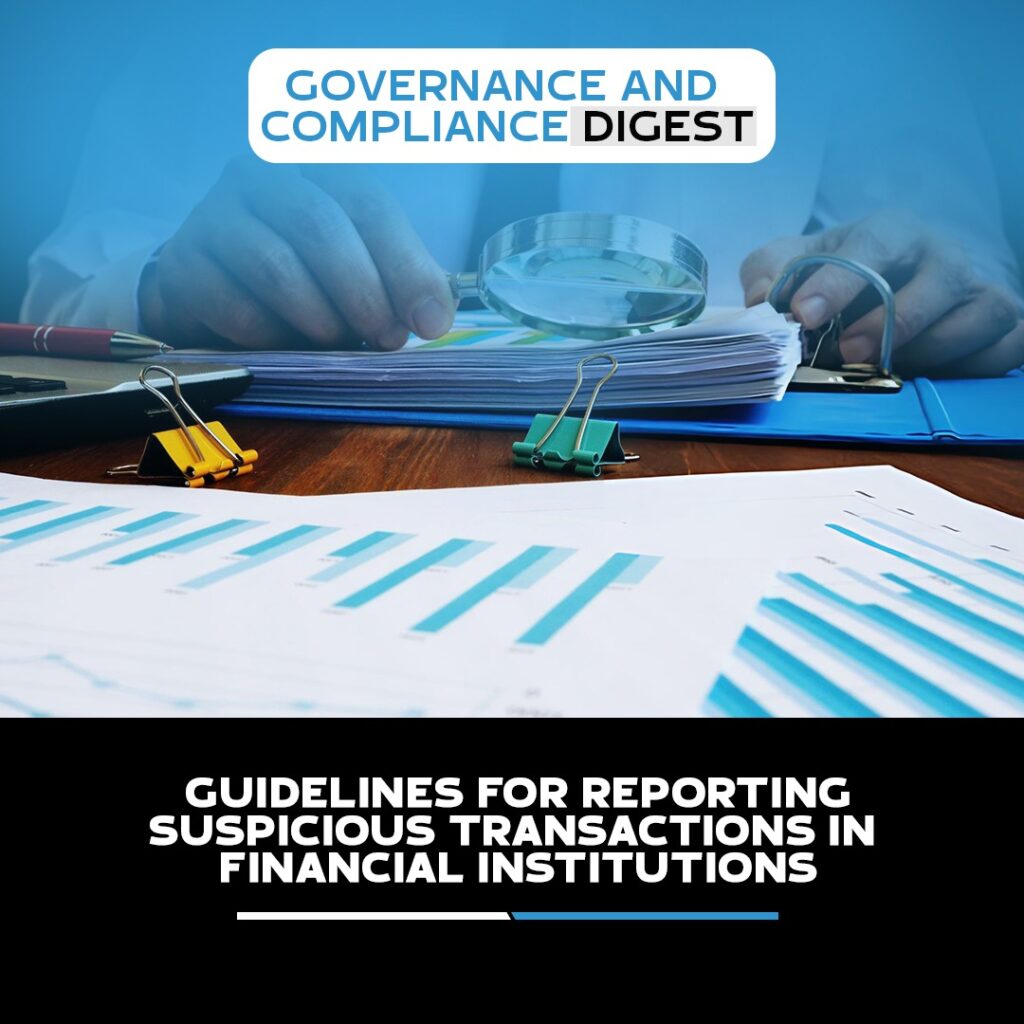GUIDELINES FOR REPORTING SUSPICIOUS TRANSACTIONS IN FINANCIAL INSTITUTIONS
The Nigerian Financial Intelligence Unit (NFIU), the country’s primary financial intelligence authority, has issued detailed guidelines for identifying, verifying, and reporting suspicious transactions to combat money laundering, terrorism financing, and proliferation of weapons of mass destruction. These guidelines aim to enhance control measures, ensure compliance with relevant laws, and maintain the integrity of the financial sector.
STATEMENT OF ISSUES AND CHALLENGES UNDERPINNING THE GUIDELINES
Reporting entities use transaction monitoring systems to identify suspicious transactions, triggered by specific criteria by the entities. These unusual alerts should not be automatically deemed suspicious.
The transaction monitoring systems can generate false positives based on the parameters used by these reporting entities, causing hundreds to thousands of daily alerts. The Anti-Money Laundering, Combating the Financing of Terrorism and Countering Proliferation of Weapons of Mass Destruction compliance department must meticulously filter these alerts, conduct internal reviews, and verify potential Suspicious Transaction Reports (STRs) for filing to the NFIU.
